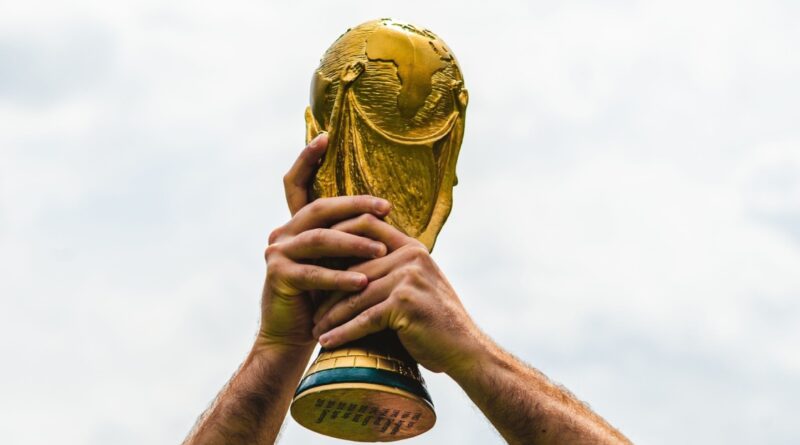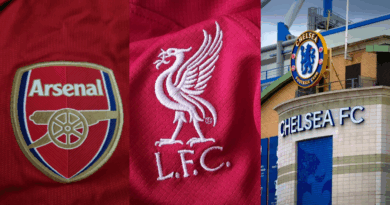Every FIFA World Cup Top Scorer, From 1930 to 2022
From the birth of the tournament in 1930 to the dramatic finals of 2022, each FIFA World Cup has crowned a goal king—players who etched their names in history with their remarkable scoring feats. Here’s a look back at every top scorer in World Cup history, starting from the very beginning in Uruguay.
1930 – Guillermo Stábile (Argentina) – 8 goals

The first World Cup top scorer, Guillermo Stábile netted eight goals in just four matches for Argentina. Despite his heroics, Argentina lost the final 4-2 to Uruguay.
1934 – Oldřich Nejedlý (Czechoslovakia) – 5 goals
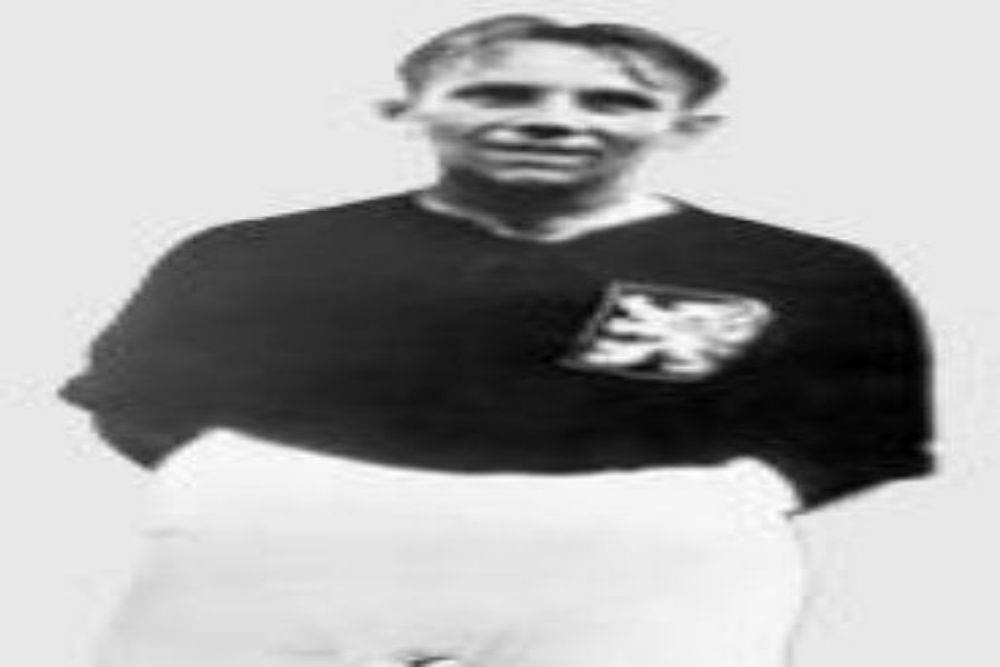
Oldřich Nejedlý led Czechoslovakia to the final with a string of clutch performances, including a semi-final hat-trick. Though they fell to Italy in the final, Nejedlý’s five goals earned him top scorer honors.
1938 – Leônidas (Brazil) – 7 goals
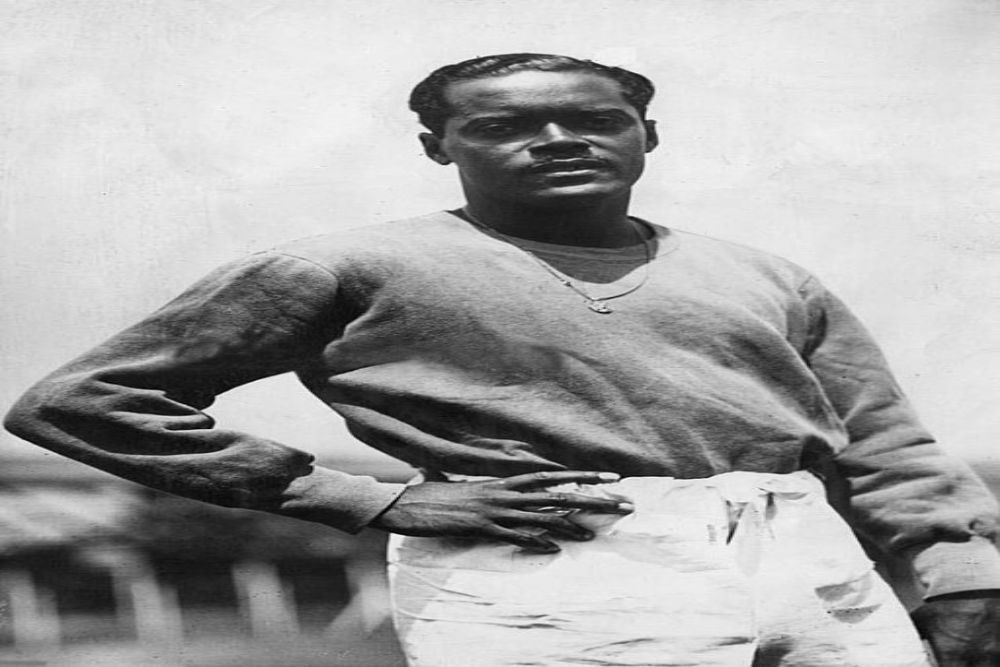
Leônidas dazzled at the 1938 tournament with his pace and flair, scoring seven goals including a memorable hat-trick in Brazil’s 6-5 thriller against Poland. His efforts secured him the Golden Boot despite Brazil falling short in the semis.
Read also: Barcelona’s Wage Ladder: Every Player’s Weekly Salary Ranked
1950 – Ademir (Brazil) – 9 goals
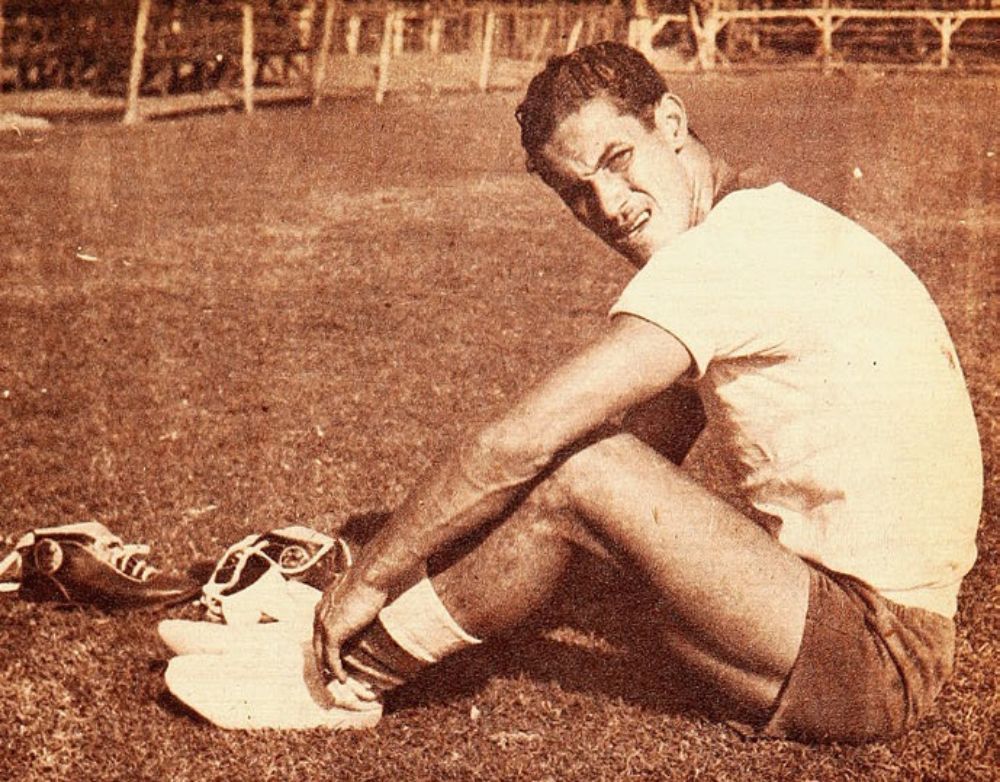
Ademir scored nine goals during Brazil’s run to the final stage of the unique round-robin format. His heroics weren’t enough, as Uruguay pulled off a legendary upset to win the title.
1954 – Sándor Kocsis (Hungary) – 11 goals
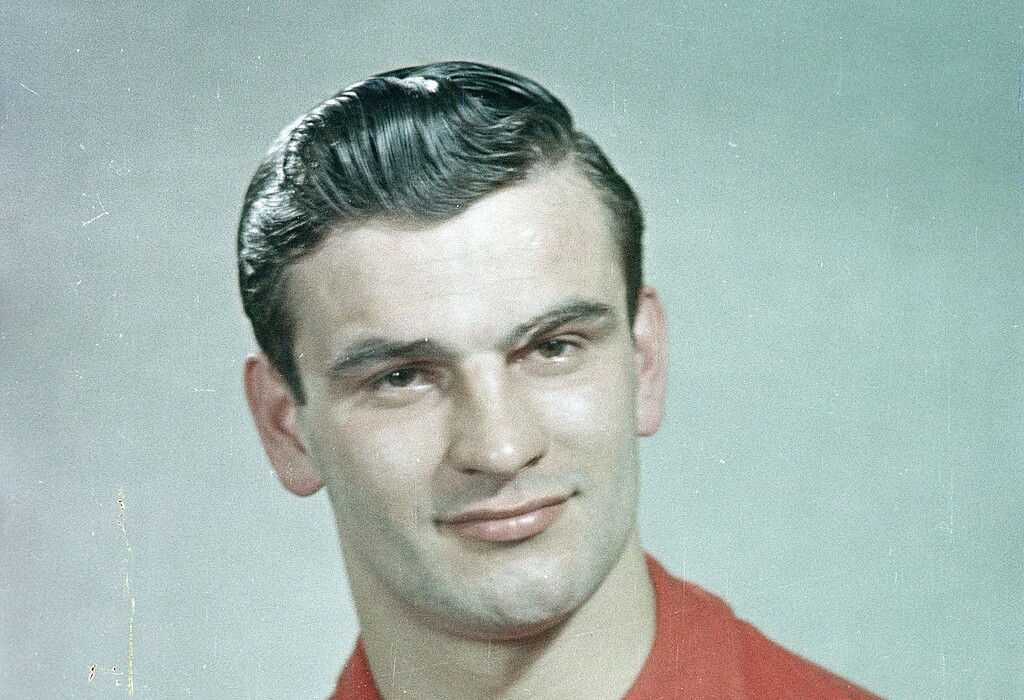
Hungary’s Sándor Kocsis set a new scoring benchmark with 11 goals, including two hat-tricks in the group stage. Though Hungary were defeated by West Germany in the final, Kocsis’s form was nothing short of iconic.
1958 – Just Fontaine (France) – 13 goals

Just Fontaine scored a staggering 13 goals in just six matches—a record that still stands today. He saved his best for last, scoring four in France’s 6-3 third-place win over West Germany.
1962 – Six Players Tied – 4 goals
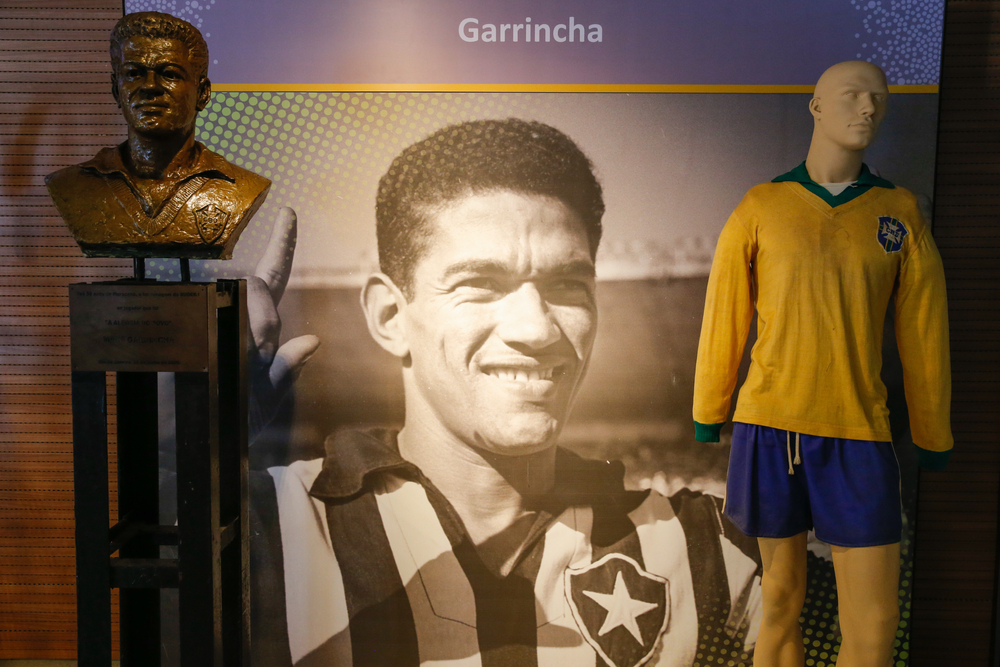
An unusual year where six players—including Garrincha and Vavá of Brazil—shared top honors with four goals each. Despite the low individual tallies, Brazil’s attacking power led them to back-to-back World Cup titles.
Read also: Every Premier League Club’s Shirt and Sleeve Sponsor Ranked by Income
1966 – Eusébio (Portugal) – 9 goals
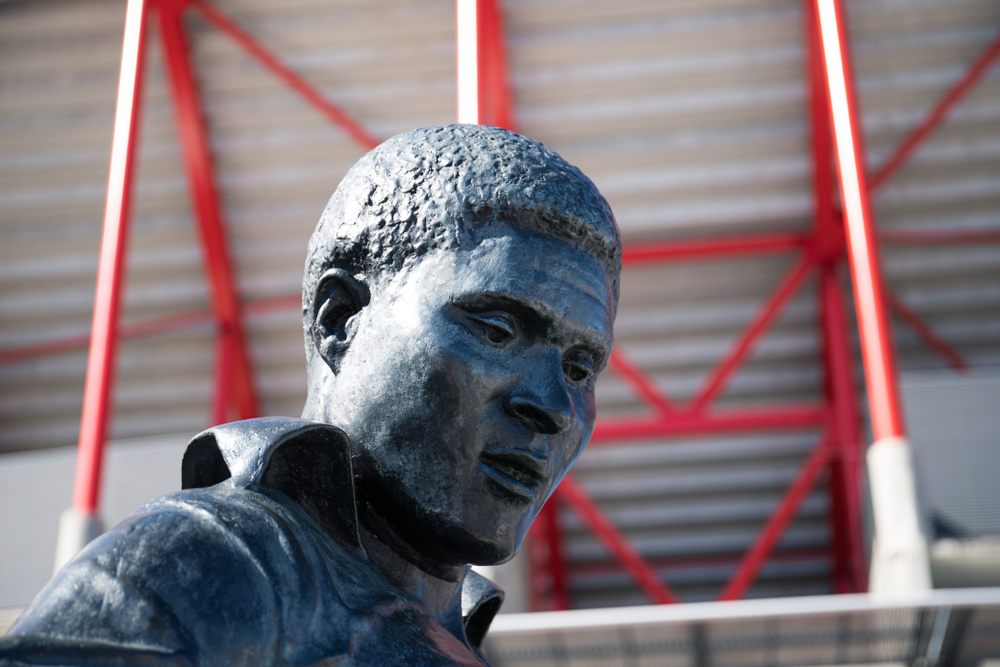
Eusébio powered Portugal to a third-place finish with nine goals, including four in one match against North Korea. His performances lit up the tournament and earned him the Golden Boot.
1970 – Gerd Müller (West Germany) – 10 goals
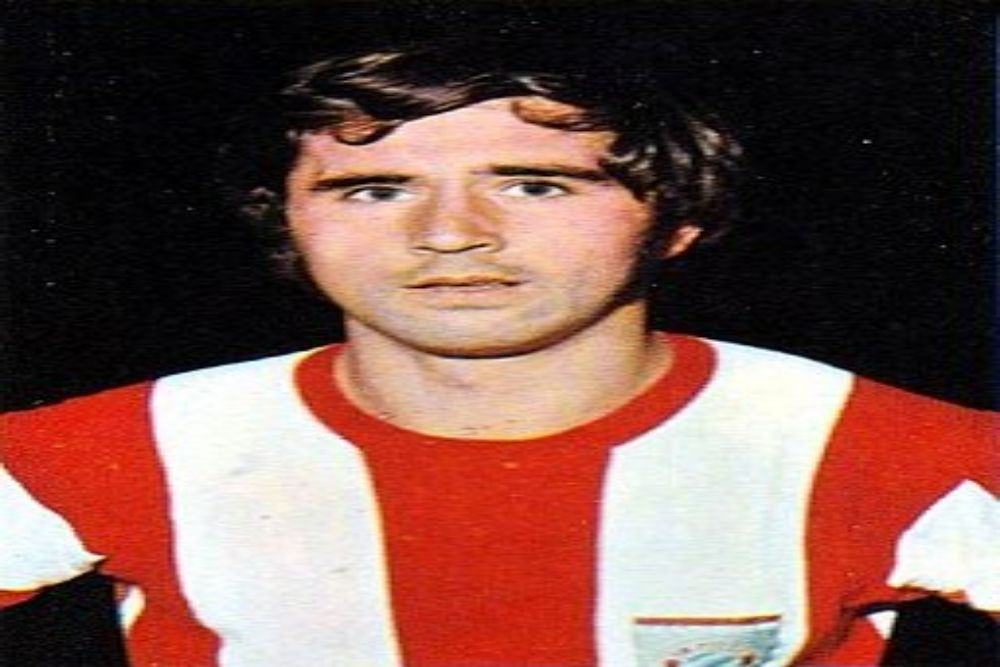
Known for his deadly finishing, Gerd Müller scored 10 goals in Mexico, including back-to-back hat-tricks in the group stage. Despite West Germany falling in the semis, Müller cemented his status as a World Cup legend.
1974 – Grzegorz Lato (Poland) – 7 goals
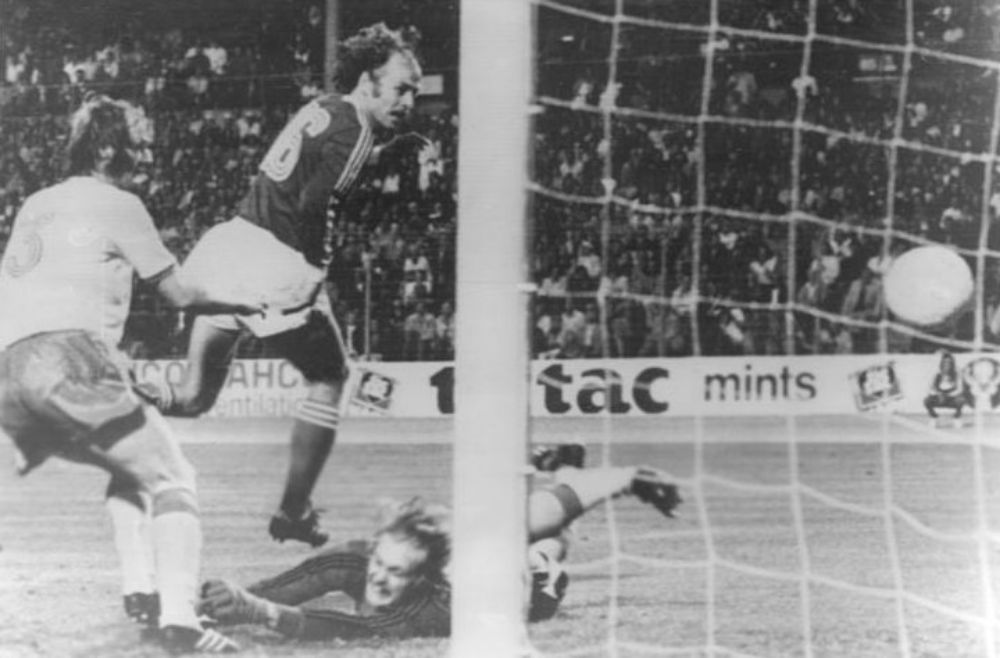
Grzegorz Lato was instrumental in Poland’s third-place finish, scoring seven goals across the tournament. His winner against Brazil sealed his place as top scorer and a Polish football icon.
1978 – Mario Kempes (Argentina) – 6 goals
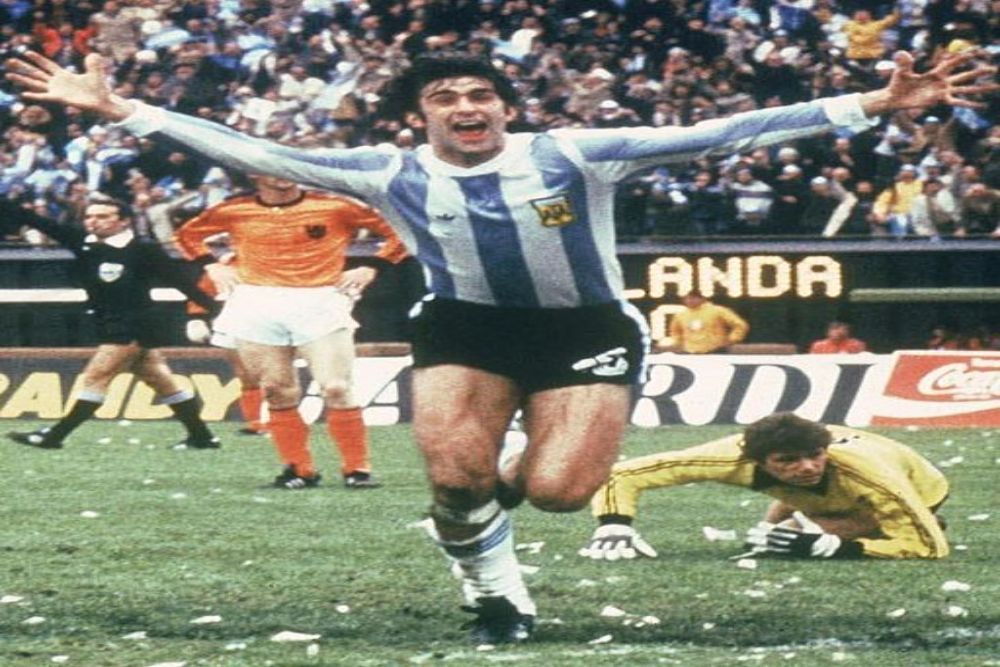
Mario Kempes was Argentina’s hero on home soil, scoring six goals including a brace in the final against the Netherlands. His goals led Argentina to their first World Cup triumph.
Read also: Ballon d'Or 2025 Power Rankings: The Final Top 20 - Ranked
1982 – Paolo Rossi (Italy) – 6 goals

Paolo Rossi came alive in the knockout rounds with a hat-trick against Brazil, a brace versus Poland, and a goal in the final. He spearheaded Italy’s charge to their third World Cup win.
1986 – Gary Lineker (England) – 6 goals
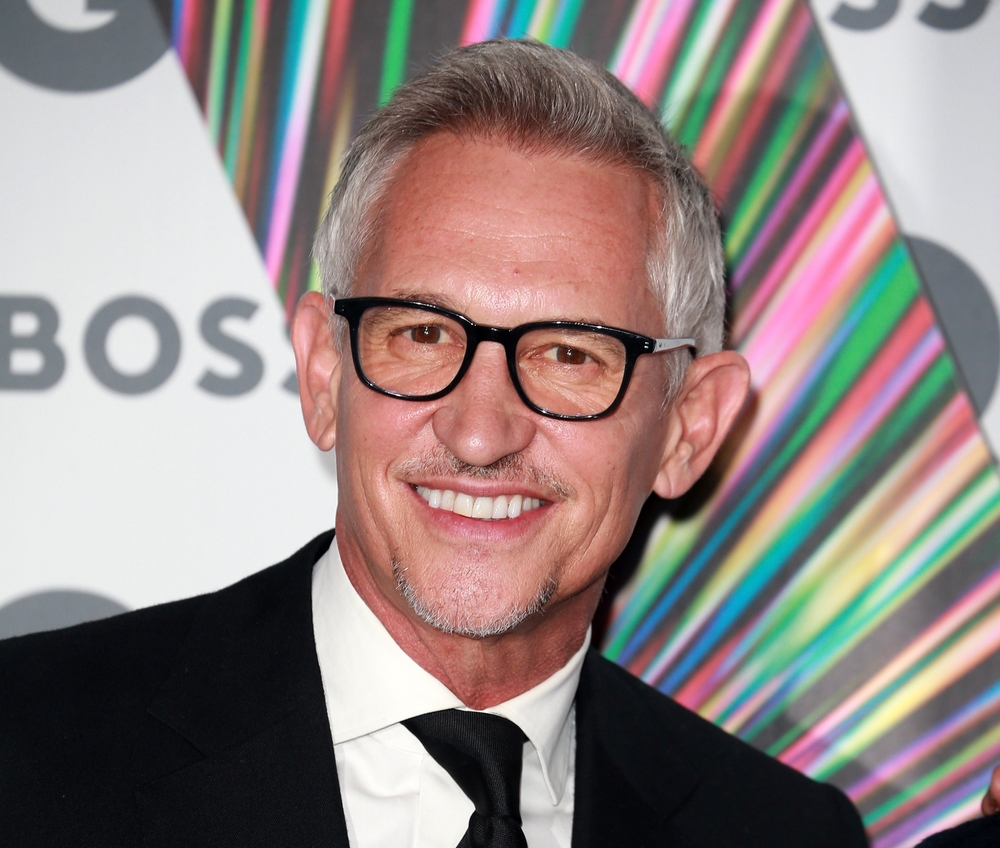
Gary Lineker claimed the Golden Boot in Mexico with six goals, including a vital hat-trick against Poland. England’s run ended in the quarter-finals, but Lineker’s sharpness was undeniable.
1990 – Salvatore Schillaci (Italy) – 6 goals
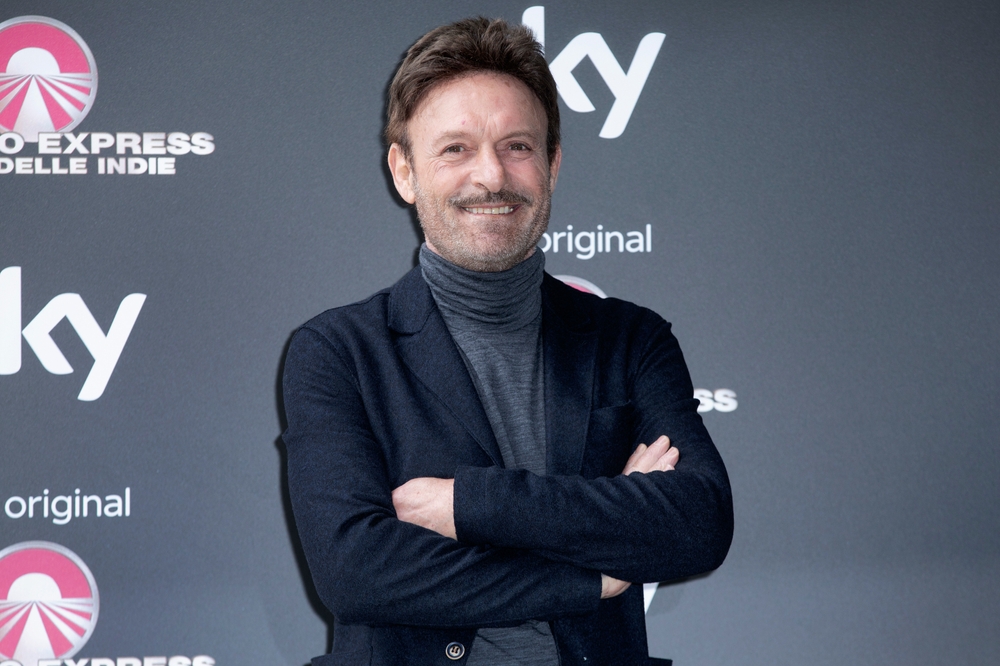
Salvatore "Toto" Schillaci surprised the world by scoring six goals at Italia ’90. He took home both the Golden Boot and Golden Ball, leading hosts Italy to a third-place finish.
1994 – Hristo Stoichkov (Bulgaria) & Oleg Salenko (Russia) – 6 goals

Stoichkov was a driving force in Bulgaria’s remarkable semi-final run, scoring in key matches. Salenko, despite Russia’s early exit, tied him thanks to an astonishing five-goal haul in one game against Cameroon.
Read also: The 50 Best WWE Superstars of the 2000s - Ranked
1998 – Davor Šuker (Croatia) – 6 goals
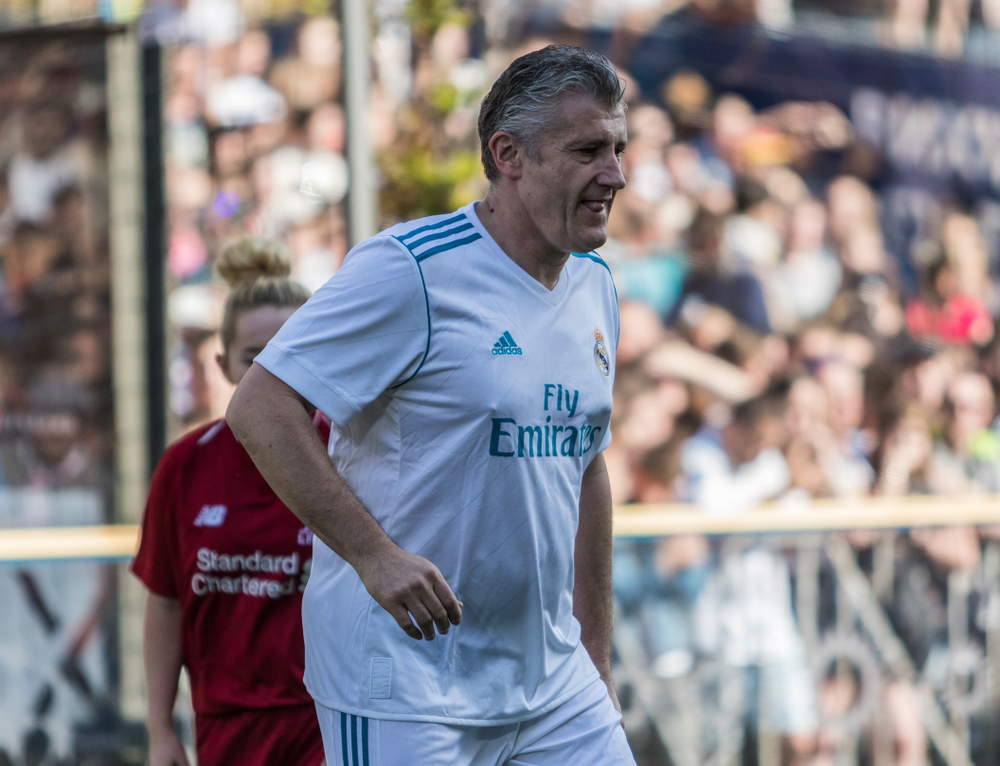
Šuker was pivotal in Croatia’s World Cup debut, scoring in six of their seven matches. His finishing touch helped Croatia secure a historic third-place finish.
2002 – Ronaldo (Brazil) – 8 goals

Ronaldo returned to form in Korea/Japan, scoring eight times including two in the final against Germany. His goals helped Brazil secure their fifth World Cup title.
2006 – Miroslav Klose (Germany) – 5 goals
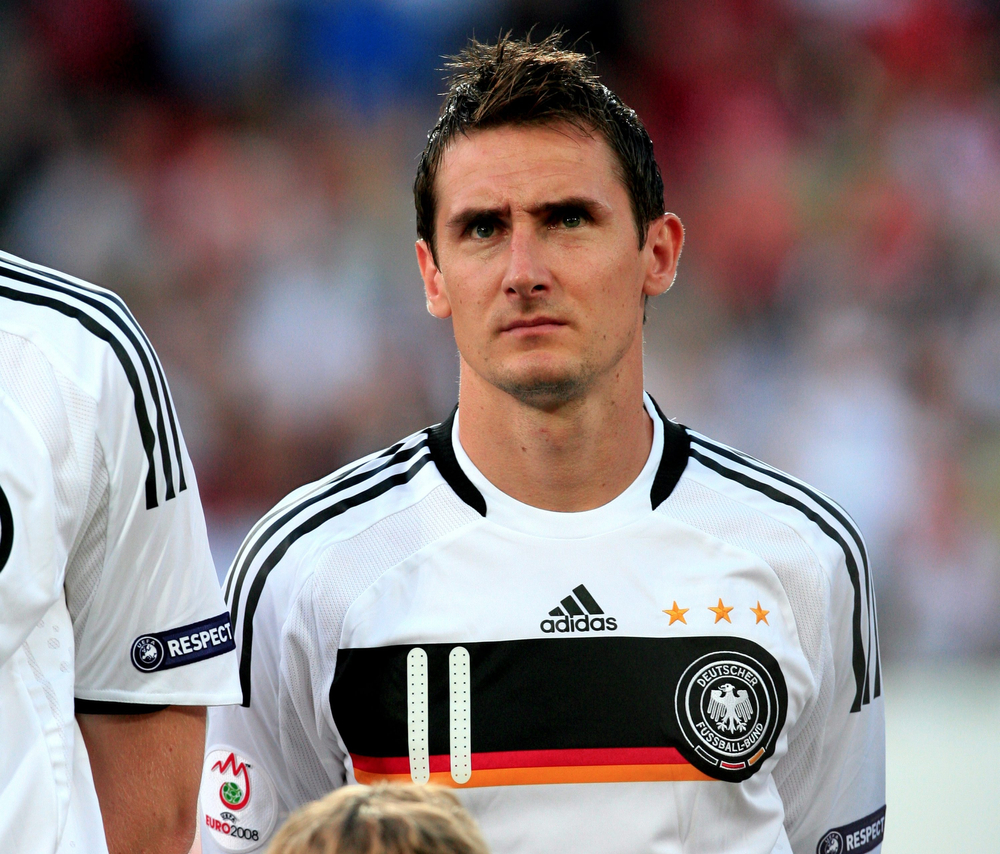
Klose led Germany’s charge on home soil with five goals, earning the Golden Shoe. He would go on to become the tournament’s all-time top scorer with 16 career World Cup goals.
2010 – Thomas Müller (Germany) – 5 goals

A 20-year-old Thomas Müller scored five goals and added three assists to edge out rivals for the Golden Boot. His performances helped Germany to a third-place finish in South Africa.
Read also: The 30 Greatest Defenders in Premier League History - Ranked
2014 – James Rodríguez (Colombia) – 6 goals
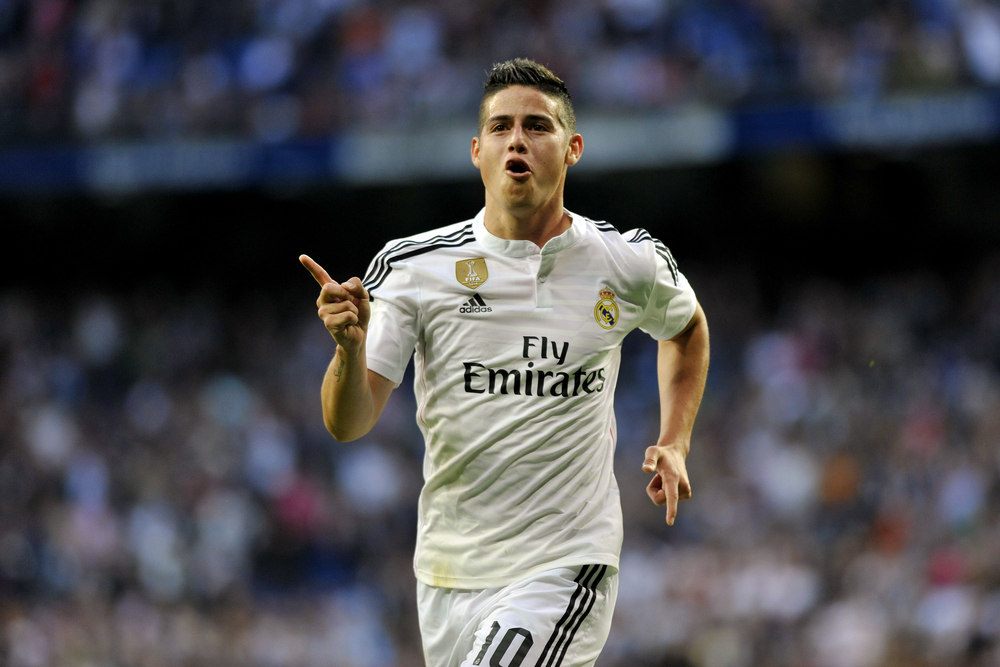
James lit up the Brazil World Cup with six goals, including a stunning volley against Uruguay. His flair and finishing earned him the Golden Boot and global acclaim.
2018 – Harry Kane (England) – 6 goals
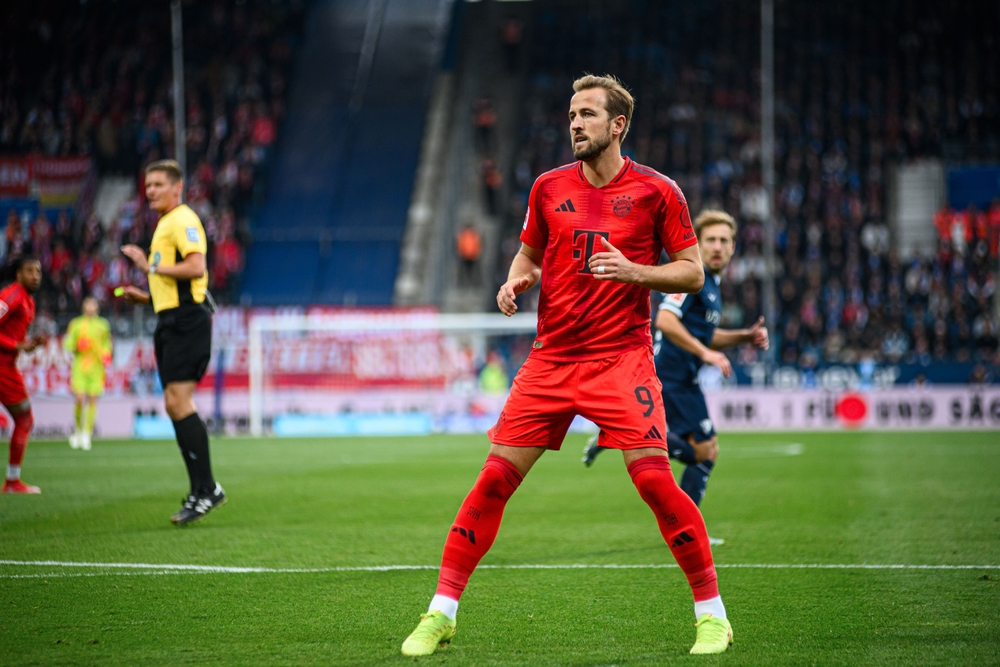
Harry Kane led England’s charge to the semi-finals with six goals in Russia. His hat-trick against Panama and calm finishing made him the first English Golden Boot winner since Lineker.
2022 – Kylian Mbappé (France) – 8 goals
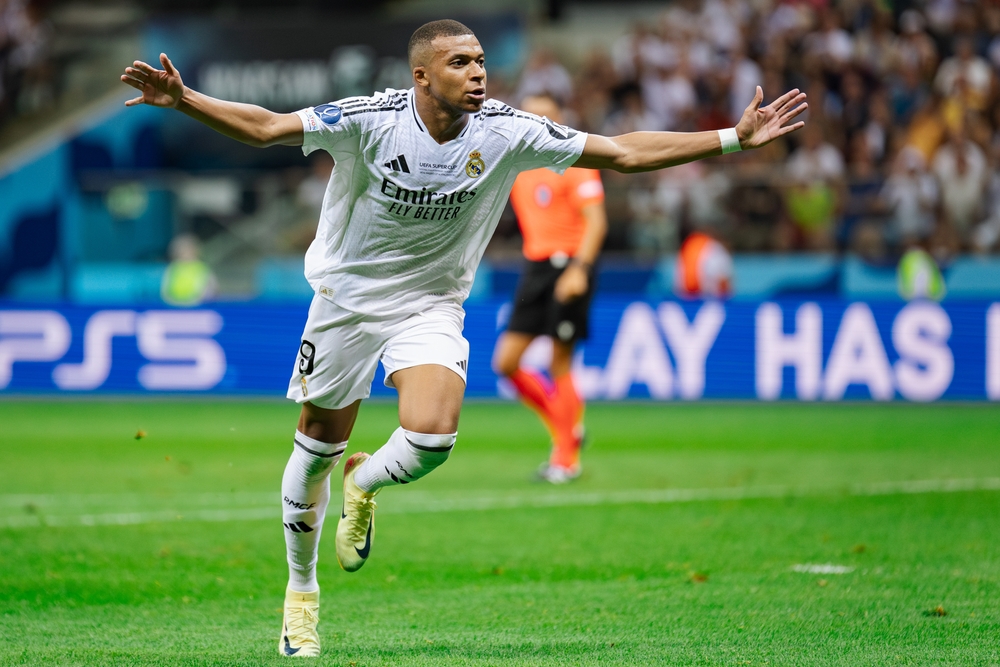
Kylian Mbappé dazzled in Qatar, scoring eight goals including a historic hat-trick in the final. Though France fell short in a dramatic penalty shootout, Mbappé’s brilliance was undeniable.

